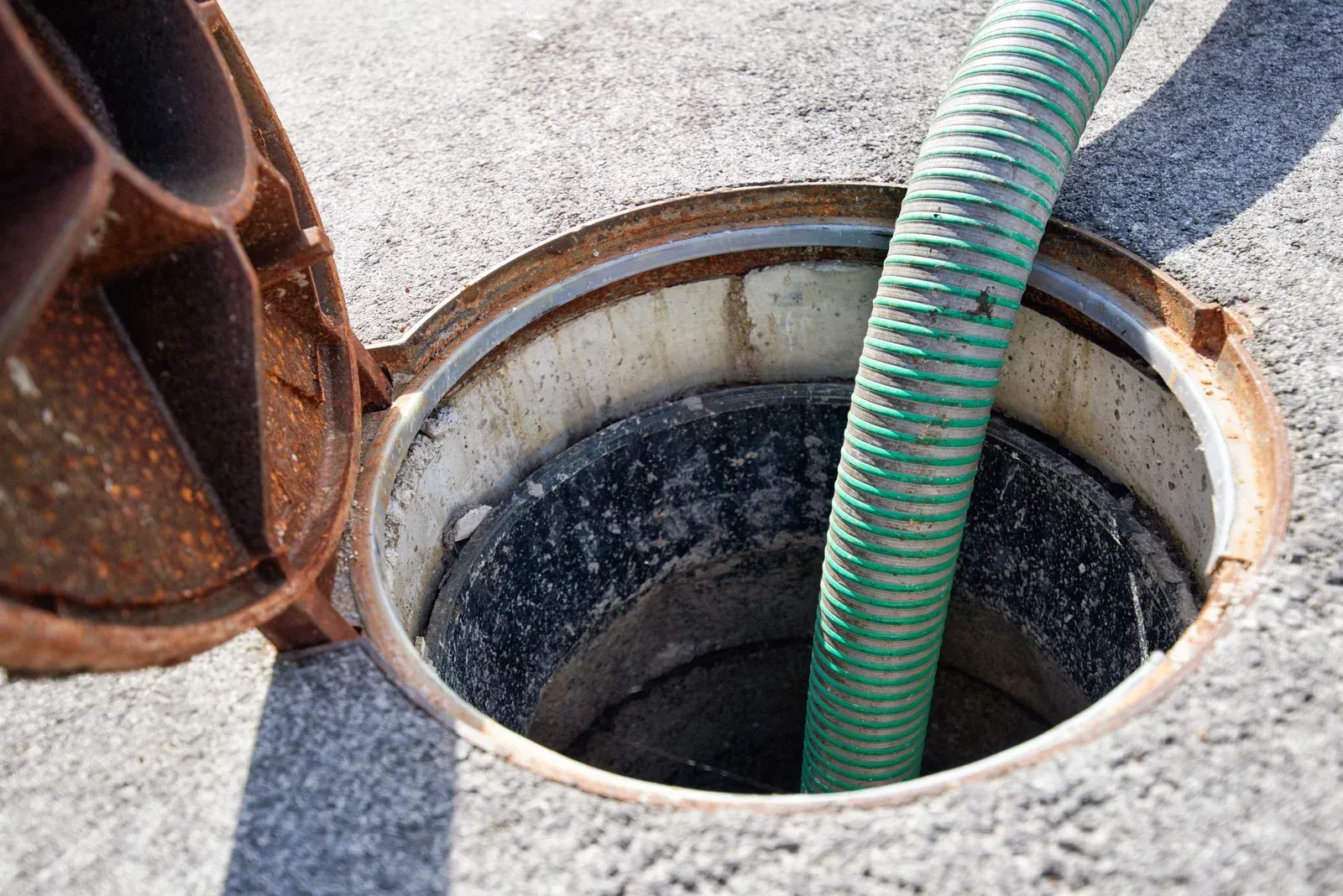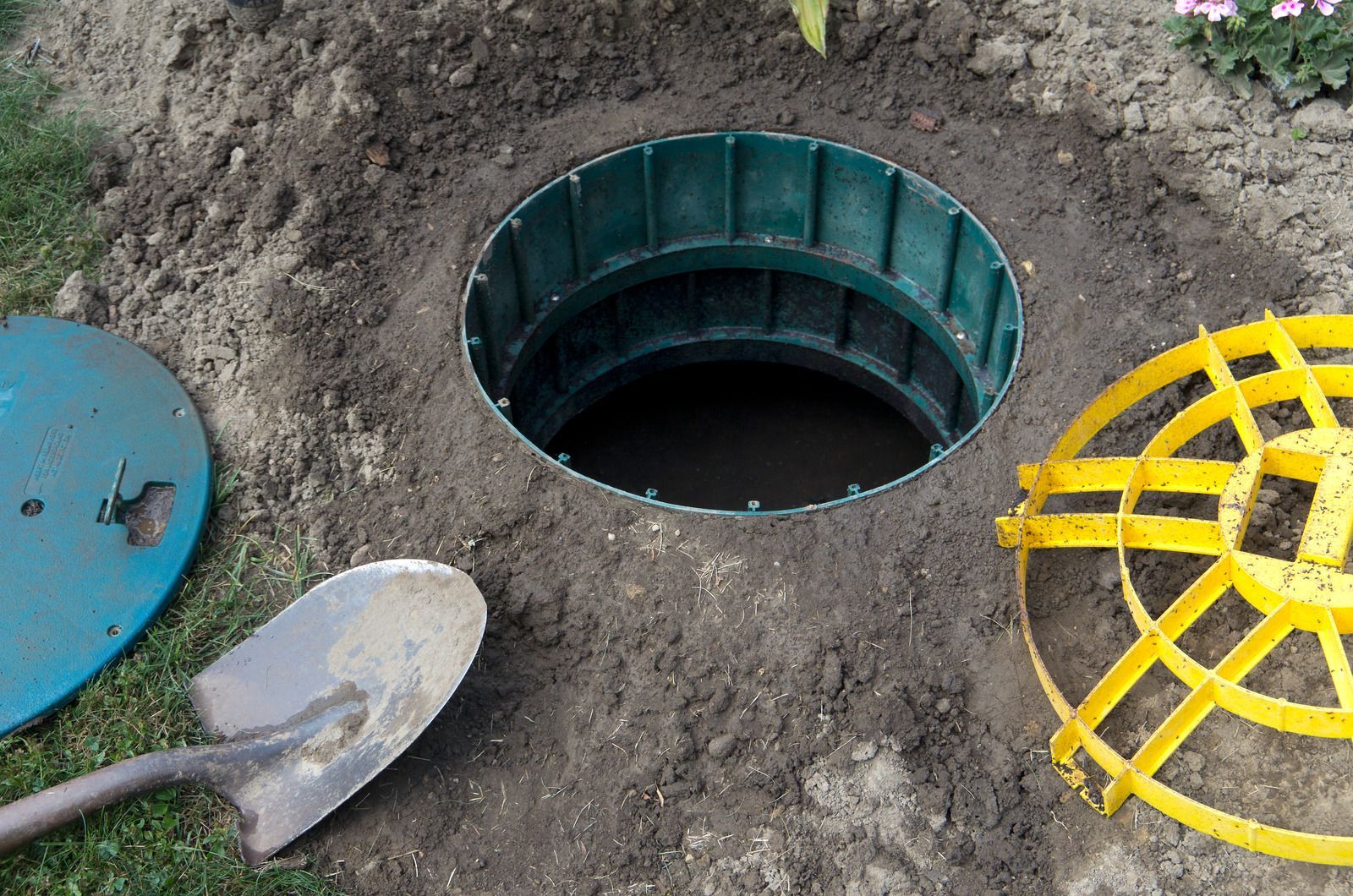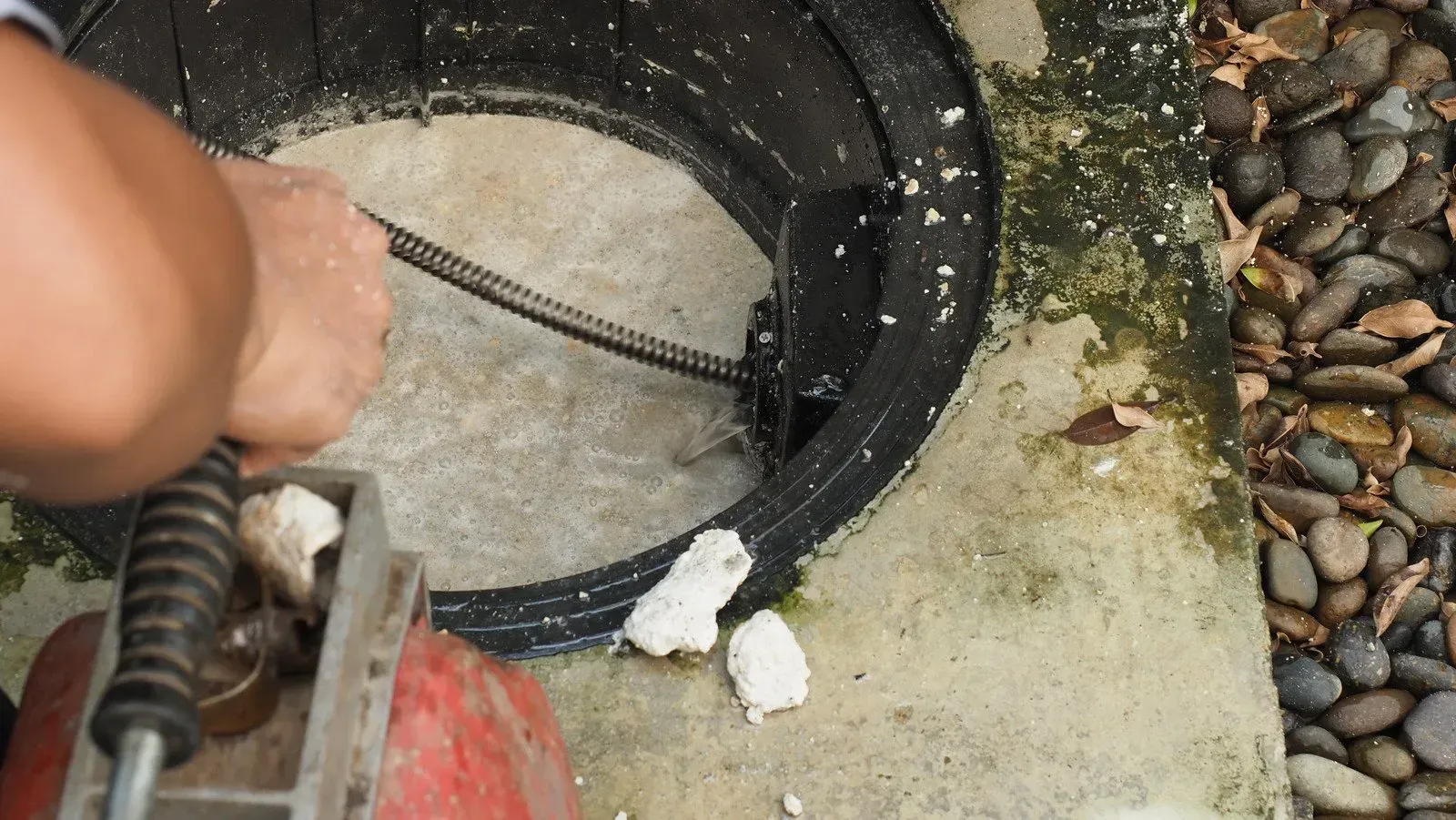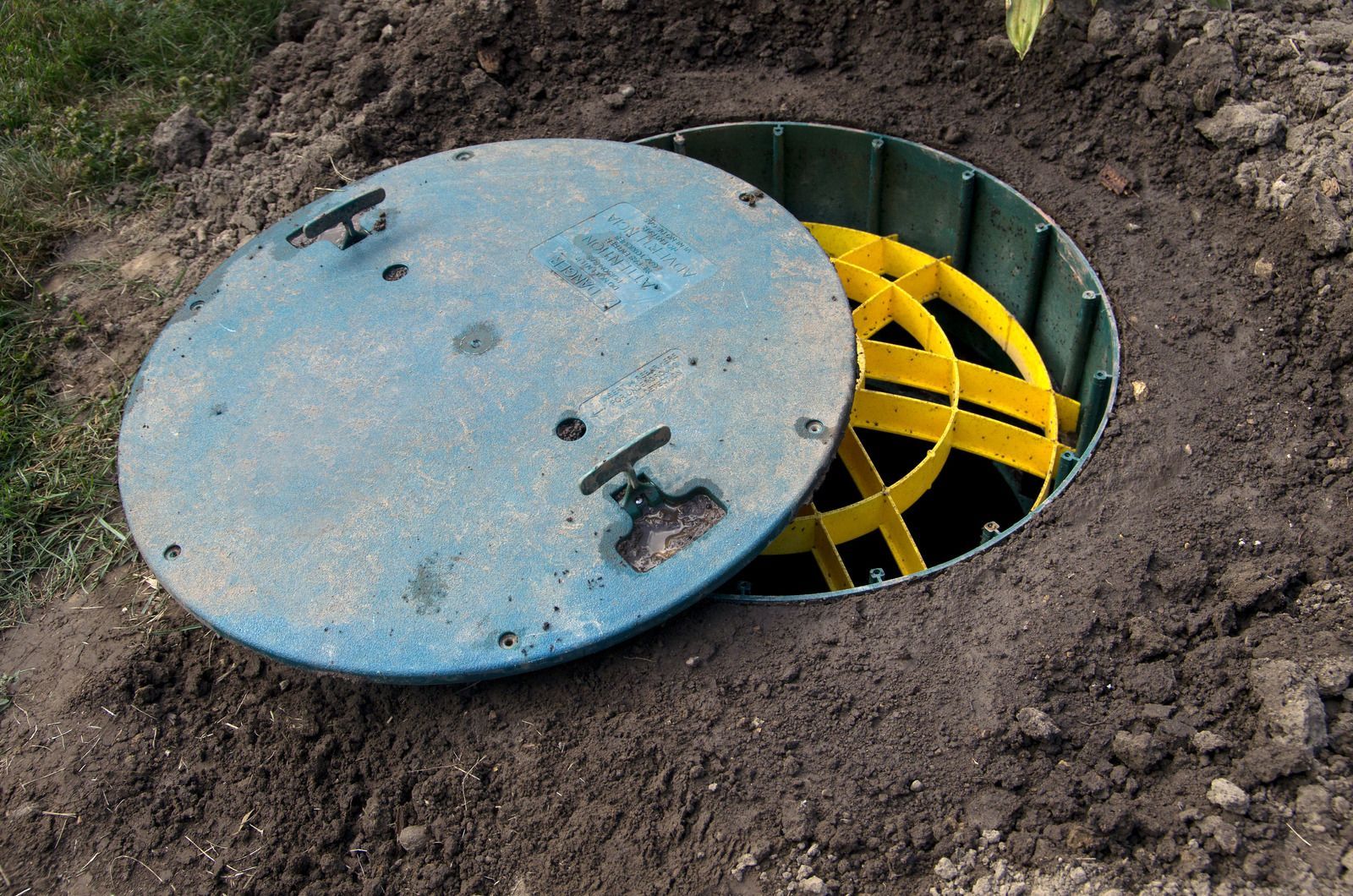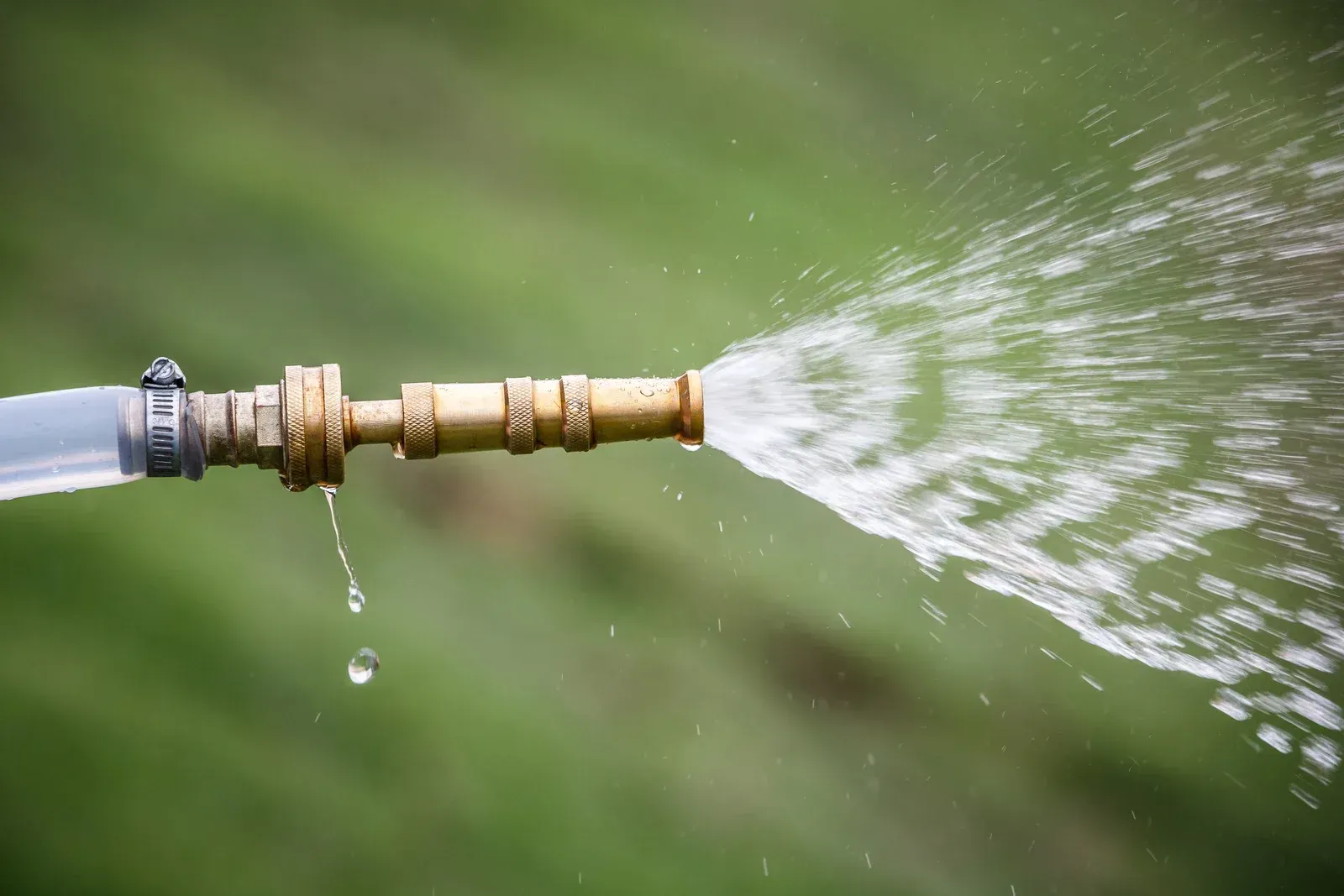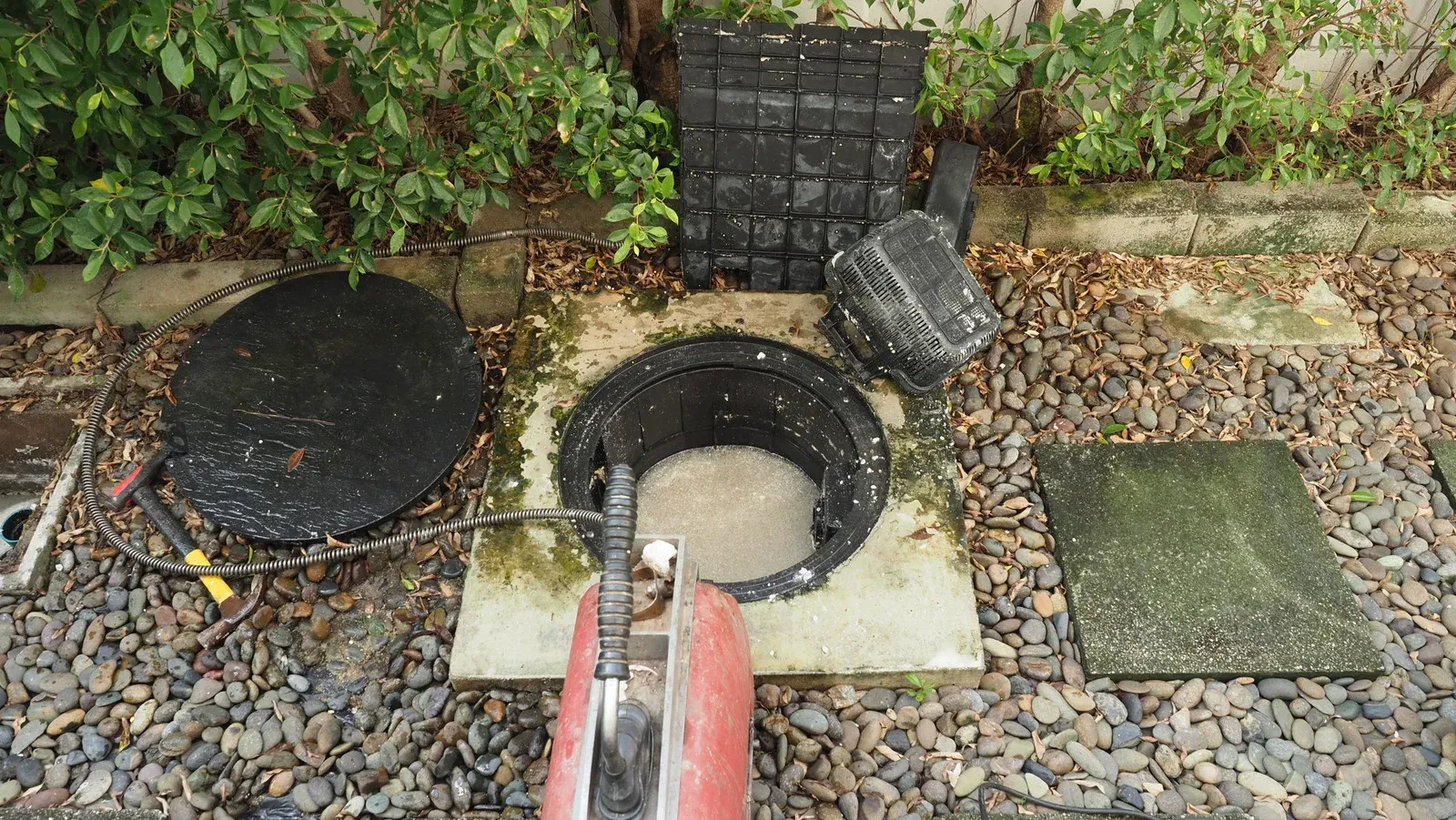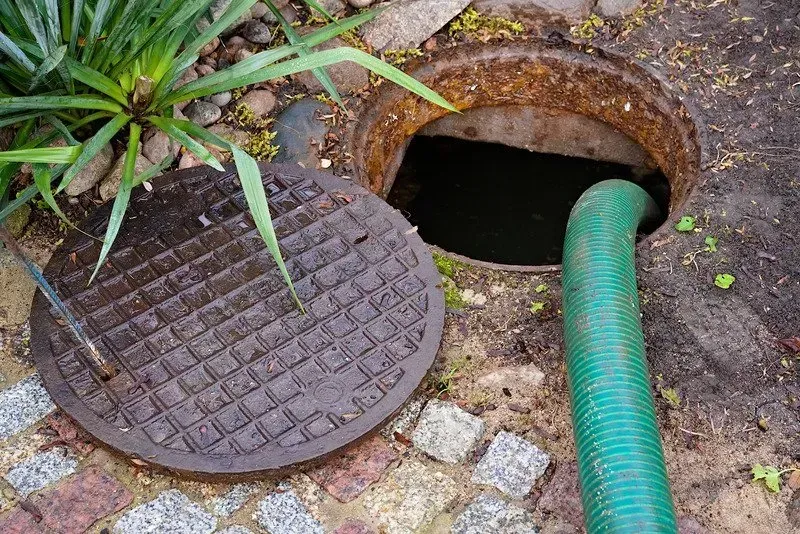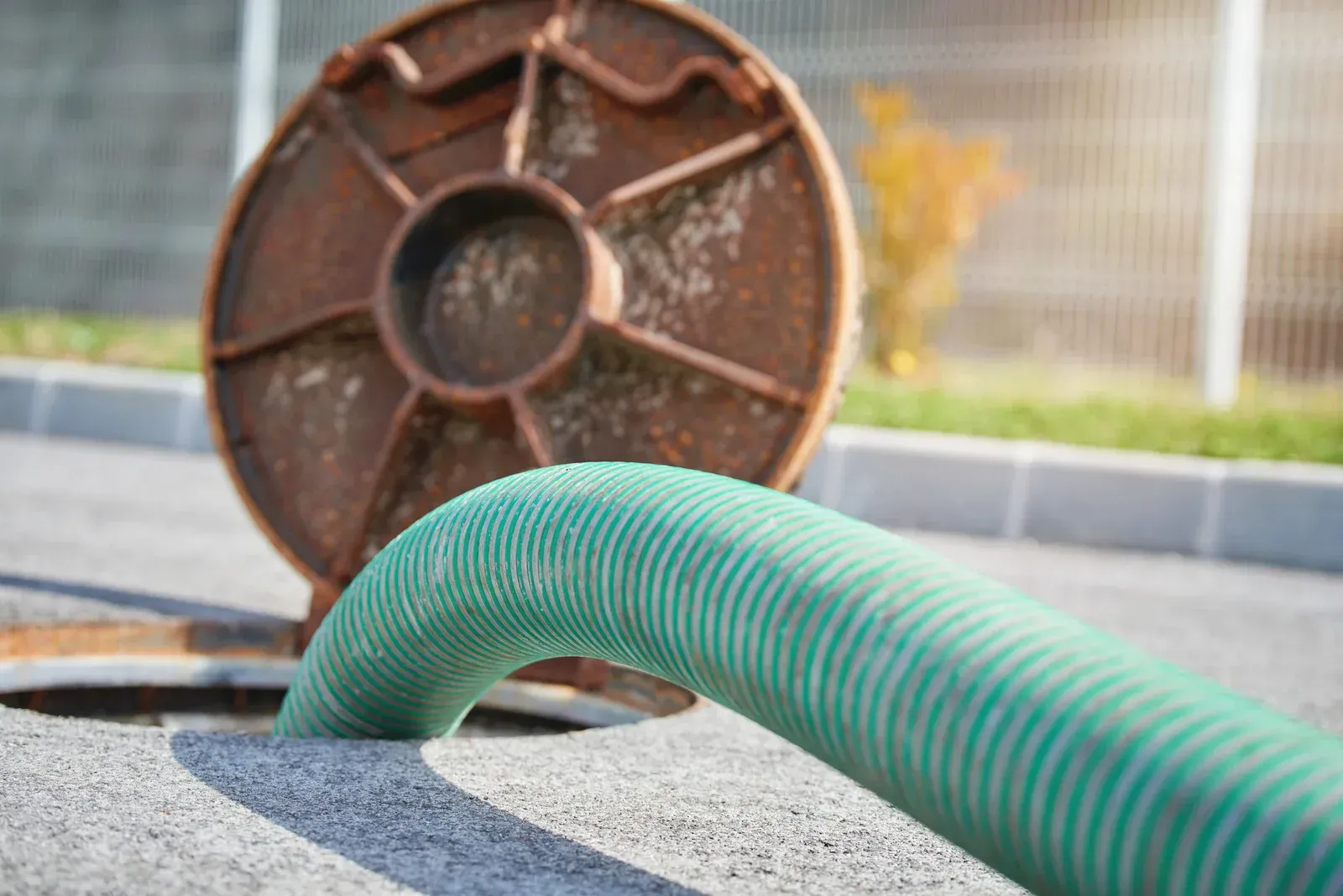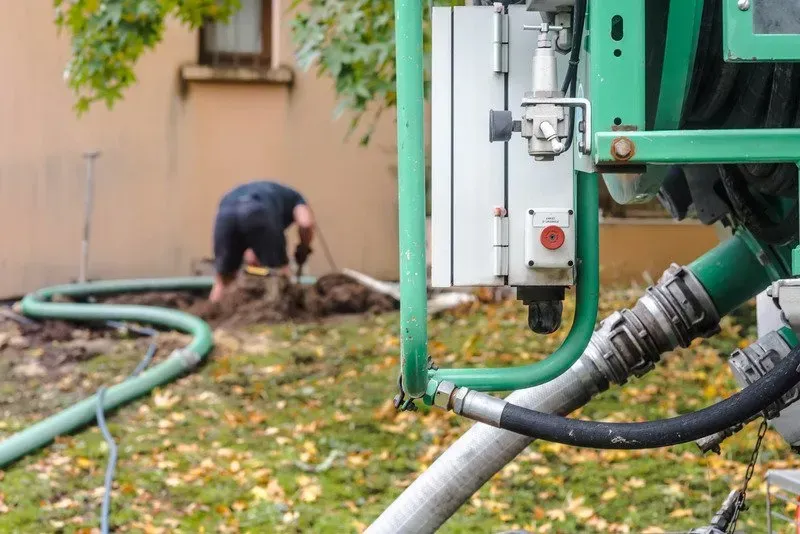The Importance of Regular Grease Trap Pumping
Have you ever wondered what happens to the grease and oil that disappears down your kitchen drain? Here, grease traps come in commercial kitchens, which are crucial in keeping the plumbing system clean and functional. Regular grease trap pumping is not just a routine chore; it's essential for the smooth operation of any food service company.
Here, we will delve into the importance of this often-overlooked task and why it should be at the top of your maintenance checklist.
1. Preventing Blockages and Backups
Grease traps are designed to intercept fats, oils, and greases (FOG) before they enter the wastewater system. These substances can solidify and accumulate if not regularly pumped and cleaned, leading to blockages and backups. It disrupts kitchen operations and can result in costly repairs and unpleasant odors. Regular pumping ensures that grease traps function effectively, preventing any build-up that could clog the system.
2. Complying with Health Regulations
Most local health departments and environmental agencies have strict regulations regarding the maintenance of grease traps in commercial kitchens. Failure to comply with these regulations can result in hefty fines, legal action, or even the closure of your business. Regular grease trap maintenance ensures your establishment meets these health standards, avoiding legal and financial penalties.
3. Avoiding Health Hazards
Over time, a full grease trap can become a breeding ground for harmful bacteria and pests. It poses a significant health risk to your staff and customers and spoils your business's reputation. Regular pumping and cleaning of grease traps reduce the risk of contamination and ensure a safe and hygienic environment for food preparation.
4. Protecting the Environment
Improper disposal of grease and oil can have detrimental effects on the environment. When FOG enters the sewage system, it can lead to sewer overflows, contaminating local waterways and harming wildlife and the ecosystem. Maintaining a regular pumping schedule, you help prevent environmental pollution and demonstrates your commitment to sustainable business practices.
5. Ensuring Efficient Operation
A well-maintained grease trap allows for more efficient operation of your kitchen's plumbing system. Regular pumping improves wastewater flow and reduces the likelihood of unexpected plumbing issues. This efficiency saves time and reduces wear and tear on your plumbing system, potentially saving money on repairs and replacements in the long run.
6. Reducing Odors
A full or clogged grease trap can leave unpleasant odors, permeating your establishment and keeping away customers. Regular cleaning and pumping of the grease trap help control these odors and maintain a more pleasant environment for your staff and patrons.
7. Prolonging the Life of Your Grease Trap
Regular maintenance, including pumping, cleaning, and inspection, can significantly extend the lifespan of your grease trap. This proactive approach can save you the expense and hassle of premature replacements, ensuring your grease trap continues functioning effectively for years.
8. Simplifying Maintenance
Establishing a regular grease trap pumping schedule makes planning and managing kitchen maintenance easier. You can arrange services during off-peak hours to minimize disruption to your business operations. Many service providers also offer maintenance contracts, which provide peace of mind and help in budgeting for these necessary services.
Regular grease trap pumping is an essential aspect of maintaining a commercial kitchen. It plays a vital role in preventing blockages, complying with health regulations, protecting the environment, and ensuring the smooth running of your business. By prioritizing this task, you safeguard your kitchen's functionality and contribute to a healthier, more sustainable community. Remember, a little maintenance goes a long way in preventing big problems.
